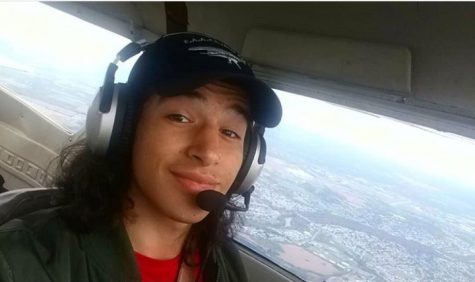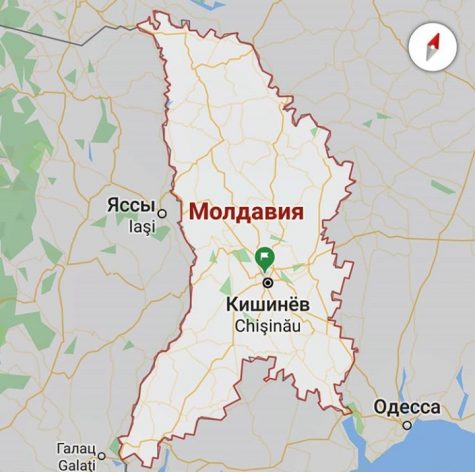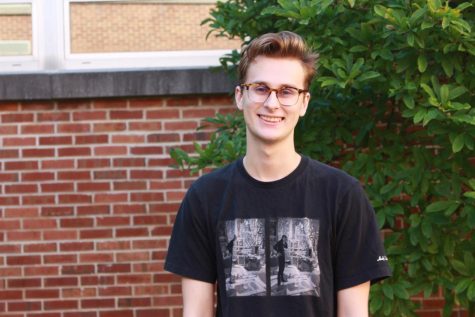Sharkey to Study Abroad, Gets Exchange Students’ Advice
May 20, 2019
Senior Matthew Sharkey has been selected for the National Security Language Initiative for Youth (NSLI).
NSLI is a program funded by the state department that sends students and recent highschool graduates to study foreign languages in other countries.
Sharkey was selected for one of these programs and has opted to study Russian in the country of Moldova.

Sharkey’s interest with Russian goes back to his early childhood.
“When I was a little kid, our next door neighbor had just moved from Russia,” said Sharkey. “She had two children named Mackie and Vicky, and I befriended them. They were just learning English and spoke mainly in Russian. I would speak to them in English, and they would try to respond in English. I think it was that exposure to the Russian language early on is what really peaked my interest.”
The program will send Sharkey to spend an entire school year in Moldova studying, learning the language and living with a host family.
Senior Raili Sormus offers some advice on what it is like to be an exchange student living with a host family.
“Living with a host family at first seems really easy, but you have to talk about little things with them,” said Sormus. “Like, can I take my shoes off when I come to your house or can I take food out of the fridge. Real simple things, but you have to talk about it because with every family it’s so different.”
Sharkey intends to use the language to help benefit him in his future career.
“What draws me to the language now is that I want to serve in the military,” said Sharkey. “Specifically, I want to be either an air force pilot or a linguist for the air force, which requires Russian. I eventually hope to be an astronaut one day. When astronauts do get selected, they are then taught Russian, and I like the idea of putting in my application and saying I already have that box checked.”

Senior exchange student Marin Thomas believes that the hardest part is that first initial step.
“Someone told me before coming to the U.S. is that the most difficult thing is finding the courage to leave your country,” said Thomas. “Once you’ve done that and you’re out of the plane in another country, everything is going to go easier.”
Sormus shares her most difficult experience going abroad and how she worked through it.
“The language at first might be very hard,” said Sormus. “People can misunderstand you and maybe you’ll have to say something a thousand times and they still don’t know what you’re saying. You just have to find a way with your hands or describing stuff. That’s what I did at first.”
Sharkey will be leaving in late August and will return June of next year.




